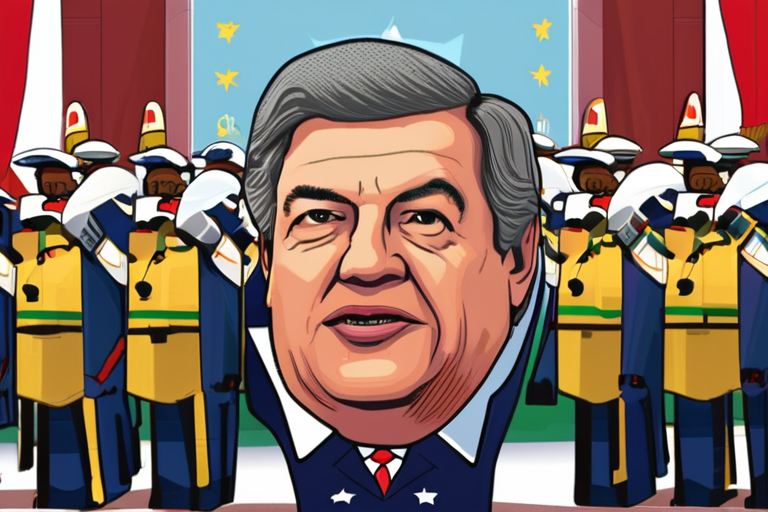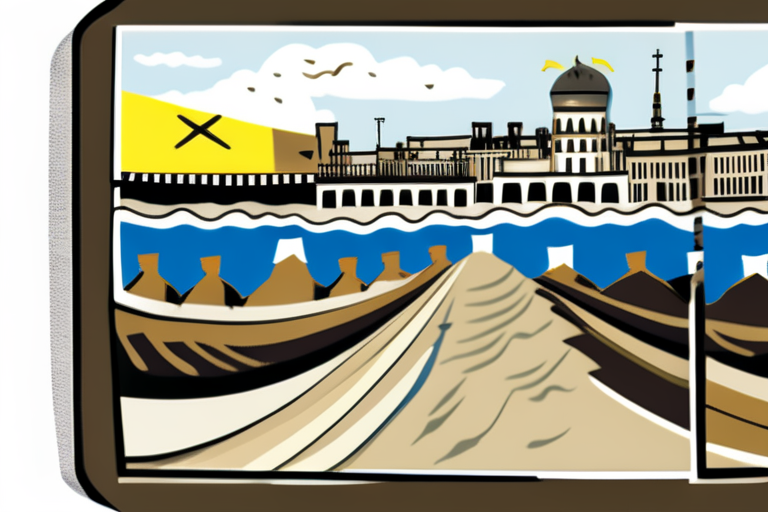US Revokes Visa of Colombian President After He Urges American Soldiers to Defy Trump's Orders


Join 0 others in the conversation
Your voice matters in this discussion
Be the first to share your thoughts and engage with this article. Your perspective matters!
Discover articles from our community

 Hoppi
Hoppi

 Hoppi
Hoppi

 Hoppi
Hoppi

 Hoppi
Hoppi
 Hoppi
Hoppi

 Hoppi
Hoppi

Xin Zhilei's Star Rises: The Chinese Actress Who Conquered Venice As the sun set over the Grand Canal, Xin Zhilei …

Hoppi

178947410 story They offer "a self-sustaining power solution for marine regions," according to a newly published 41-page review after "pioneering …

Hoppi

Yext Scout Helps Brands Navigate AI-Powered Search Uncertainty In a rapidly changing search landscape, Yext's AI-powered Scout platform is providing …

Hoppi

Breaking News: Zelensky Rejects Buffer Zone Proposal Amid Ongoing Ukraine Conflict Ukrainian President Volodymyr Zelensky has rejected proposals for a …

Hoppi
The Forgotten Victims: A Dark Chapter in Greenland's History In the remote Arctic landscape of Greenland, a painful secret has …

Hoppi

Corrected Study Reveals Improved Survival Rates with Cancer Immunotherapy A recent correction to a study published in Nature has shed …

Hoppi